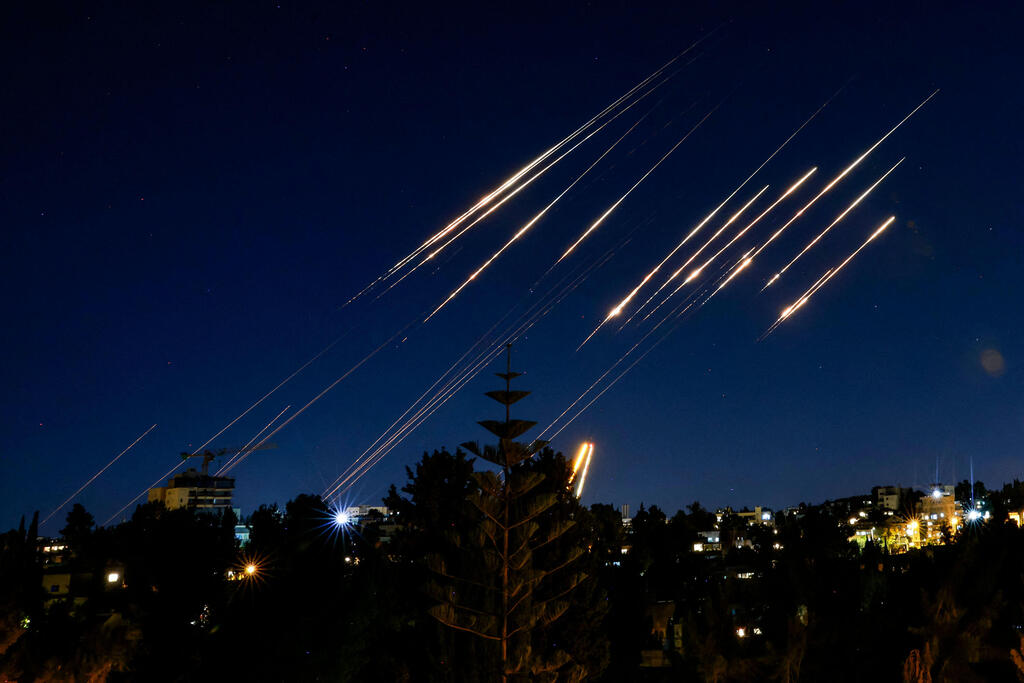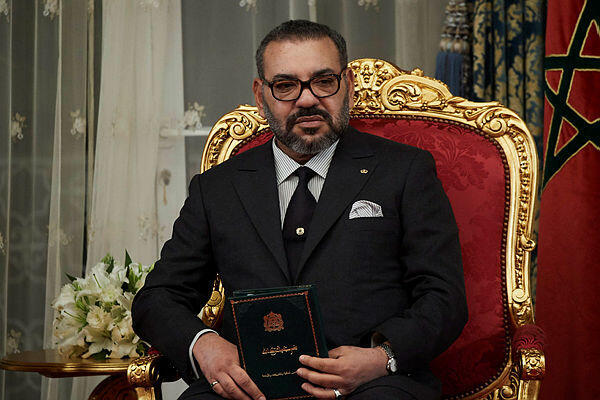While the world’s eyes were fixed on the missile plumes over Iran and Israel this past June, the most decisive moves in the region’s great game were being made in silence. The brief, kinetic clash was more than a military confrontation; it was a geopolitical stress test, a violent catalyst that ripped the mask off the new world order and forced every nation in North Africa to show its hand.
When the tremors stopped, the strategic landscape had been irrevocably clarified. The conflict acted as a great sorting mechanism, dividing the region into two distinct camps: the architects of a modern, integrated future, and the prisoners of a bitter, ideological past. The story of this sorting reveals a tectonic shift in regional power.
The most telling response came from Rabat, where the government’s reaction was a profound and deliberate quiet. As furious condemnations flew from other capitals, Morocco’s strategic silence was the confident hum of a nation secure in its choices. Every moment it refused to join the chorus of outrage was a calculated reaffirmation of the Abraham Accords—the historic, American-brokered pact that recalibrated its destiny. It was an unspoken but unmistakable signal to its partners in Washington and Jerusalem: our alliance is not transactional; it is transformational and unshakable.
This alliance is the bedrock of modern Morocco. The American recognition of its sovereignty over the Western Sahara was not just a diplomatic prize; it was the key that unlocked the kingdom's future as an Atlantic powerhouse. For years, Morocco has been executing a methodical pivot away from the stagnant politics of the Arab League and toward a new vocation as the West’s gateway to Africa. The war provided the perfect stage to demonstrate the return on this investment. While others postured, Morocco was hardening its national infrastructure with Israeli cybersecurity, deploying revolutionary Israeli “desert-tech” to solve its water crisis, and co-producing advanced drones that extend its security influence deep into the Sahel.
In short, Morocco is leveraging its alliances to become a net exporter of stability in a volatile region. This quiet confidence represents Rabat’s ultimate power play, a clear message that it has chosen to build a 21st-century fortress of prosperity and security, leaving the politics of grievance to its rivals. For Washington, this presents a template for a successful partnership: a stable, forward-looking monarchy that serves as a reliable anchor in an unpredictable sea.
Travel east, and the contrast is staggering. In Algiers, the war triggered a furious, almost nostalgic, outburst of performative outrage. The Algerian government’s denunciations of Israeli “aggression” at the United Nations were relics from a bygone era, echoing the revolutionary rhetoric of the Cold War. But this sound and fury signified nothing. It was a desperate attempt to mask a deep strategic paralysis. Algeria’s obsession with its decades-old rivalry with Morocco has pushed it into a geopolitical cul-de-sac, forcing it to align with the axis of stagnation—Russia, China and Iran—not out of ideological conviction, but out of spite for Rabat’s success.
The war laid this weakness bare. While Algeria’s diplomats shouted about Palestine, its generals were consumed by a far more immediate threat: the raging jihadist insurgency in the Sahel. This southern quagmire drains Algeria's resources and exposes its inability to project power effectively. Its fury over the Iran-Israel conflict was the roar of an aging lion, trapped between a past it cannot let go and a future it is ill-equipped to handle. For a leadership class that has long relied on energy revenues and revolutionary credentials to maintain its grip, this failure to offer a compelling vision to counter Morocco’s ascendant Atlantic strategy is a glaring vulnerability. This trajectory should alarm Western capitals, as it creates a vacuum that Russia and China, with their non-conditional economic and military support, are eagerly filling.
Get the Ynetnews app on your smartphone: Google Play: https://bit.ly/4eJ37pE | Apple App Store: https://bit.ly/3ZL7iNv
Further east, the war forced a different kind of desperate calculation. For Egypt, the conflict was an existential threat. Its reaction—a frantic, all-consuming diplomatic press to broker a ceasefire—was not about leadership; it was about survival. With a population of over 100 million grappling with soaring food prices and a fragile economy utterly dependent on tourism and Suez Canal revenues, an escalating regional war would have been a catastrophe. President Abdel Fattah al-Sisi became the indispensable firefighter because his own house was made of kindling. Every call to Washington, every backchannel message to Tehran, was an act of raw self-preservation. Cairo’s performance reinforced its role as a great regional stabilizer, but it also unmasked the profound economic vulnerability that dictates its every move. It walks a perpetual tightrope, its historical influence checked by the crushing weight of its domestic reality.
 Amine Ayoub
Amine AyoubIn Tunis, the war was a gift to a populist president struggling to govern. As its economy faltered, the Tunisian government orchestrated a pageant of outrage, unleashing some of the region’s harshest condemnations and sanctioning street protests to channel the public's very real anger. It was a textbook case of using a foreign crisis to deflect from domestic failure. But like Algeria’s, this too was theater. Behind the populist fire, President Kais Saied’s government knew it could not afford to alienate the Western financial institutions that hold the keys to its economic survival. Its flirtation with Russia and China is not a strategic pivot, but the desperate gambit of a weak state trying to create the illusion of leverage.
When the dust settled, the new landscape was undeniable. The Iran-Israel war was a great sorting mechanism. It separated the nations building a future based on pragmatic alliances, technological progress and economic integration from those trapped in a feedback loop of historical grievance, state-controlled economies and strategic irrelevance. Morocco, with its pro-American, pro-growth, pro-innovation stance, proved itself to be a rising power on the geopolitical chessboard. Its rivals, shackled to the past, were unmasked as pawns in a game they no longer understand.
The conflict didn't create this reality, but it stripped away all illusions, revealing the brutal truth of who is building the future of North Africa—and who will be buried by it.
- Amine Ayoub, a Middle East Forum fellow, is a policy analyst and writer based in Morocco.




